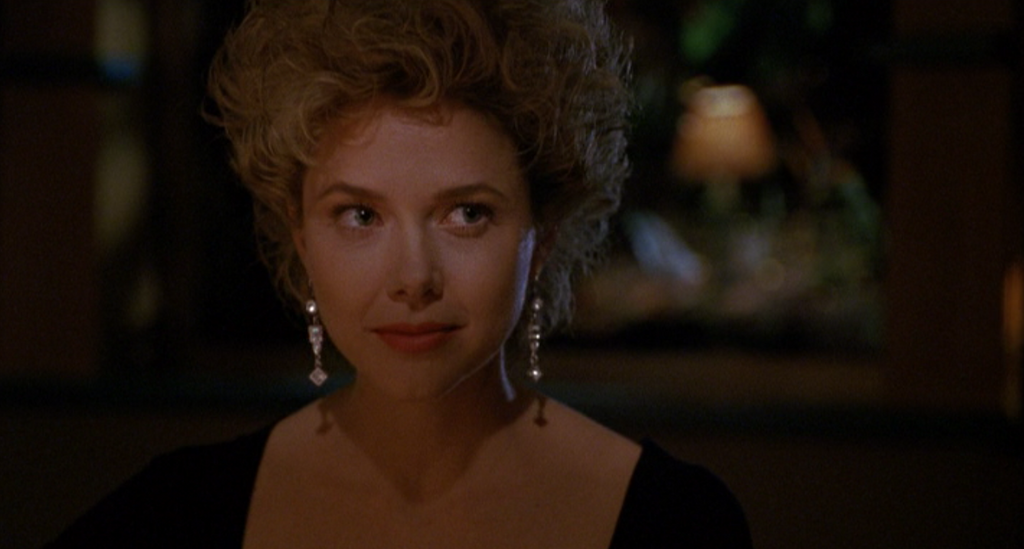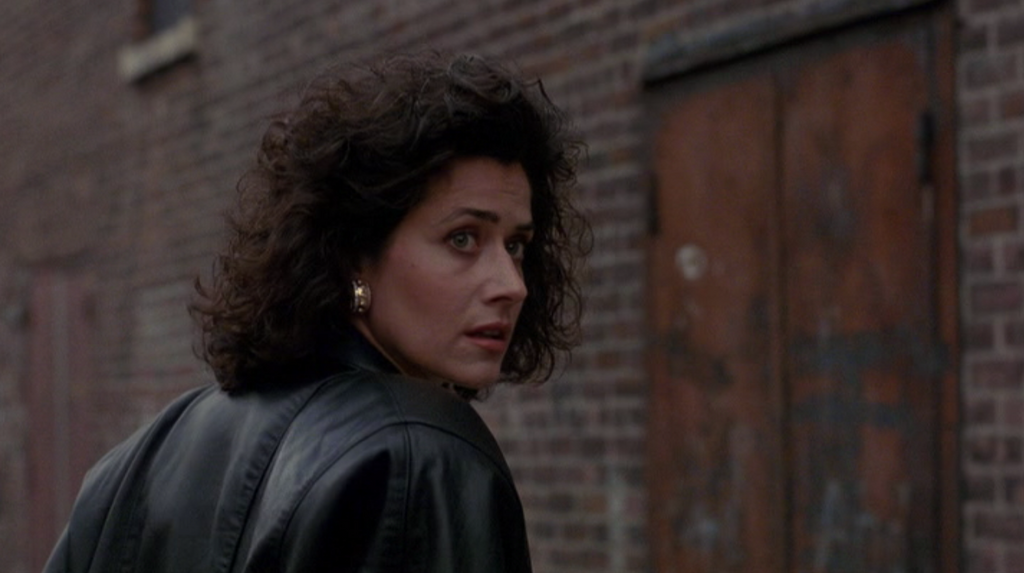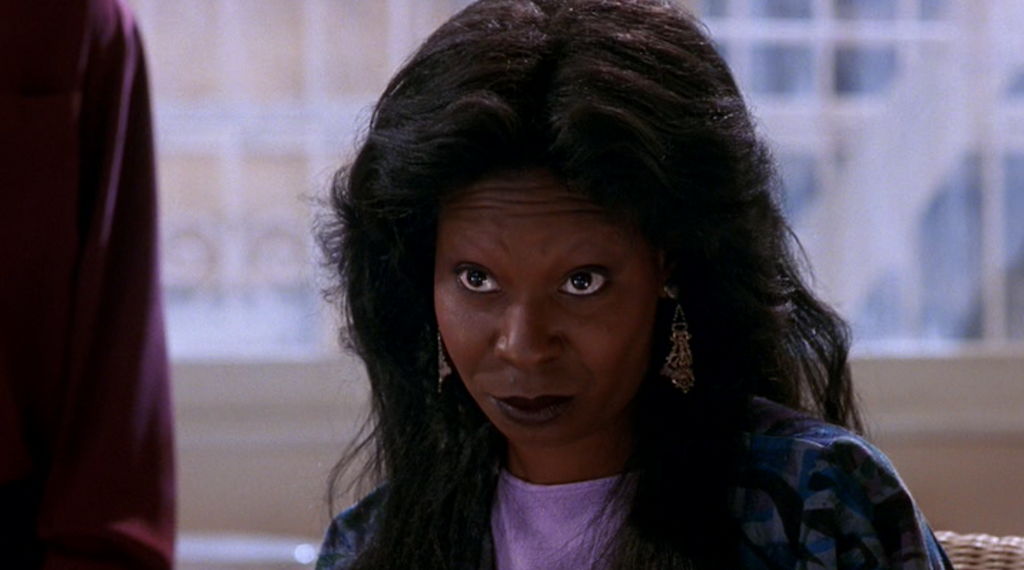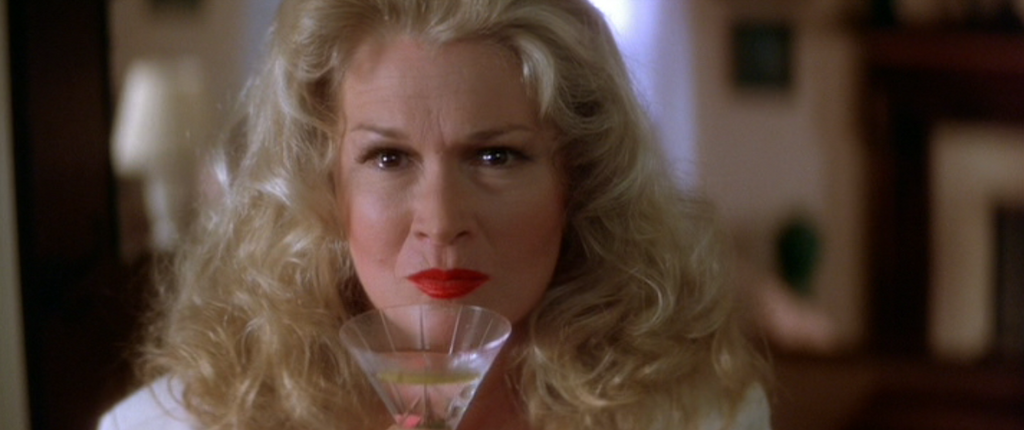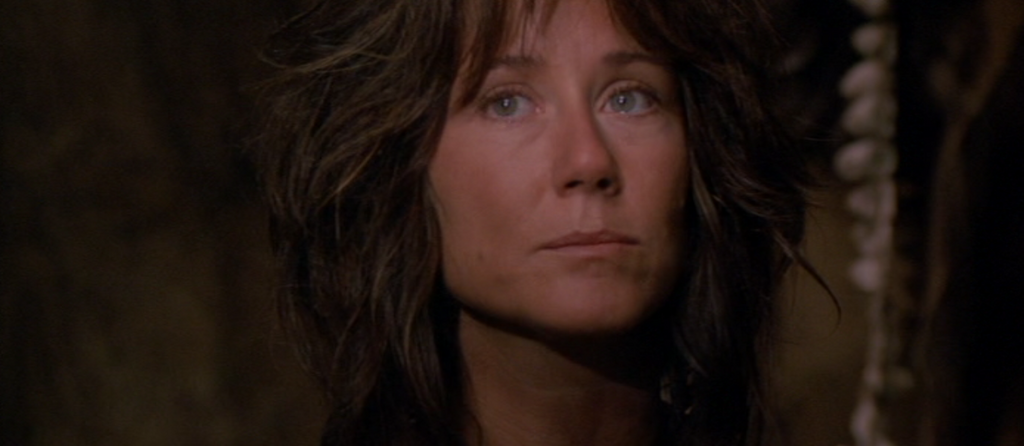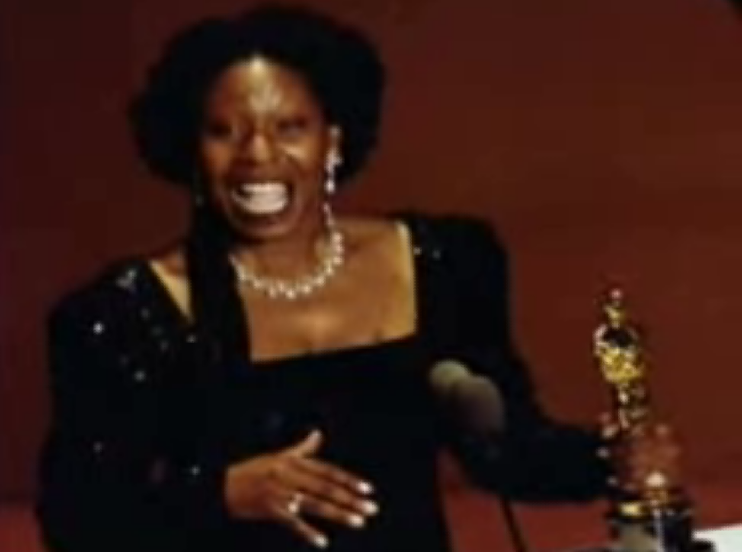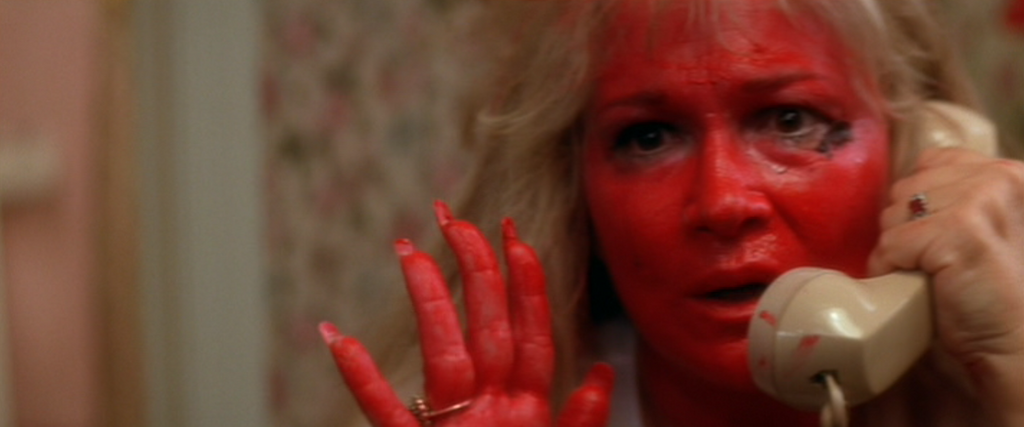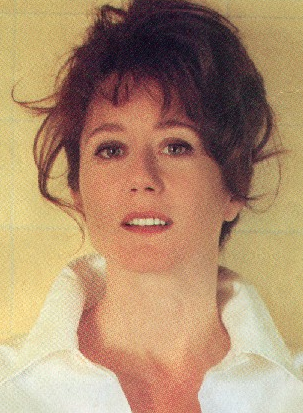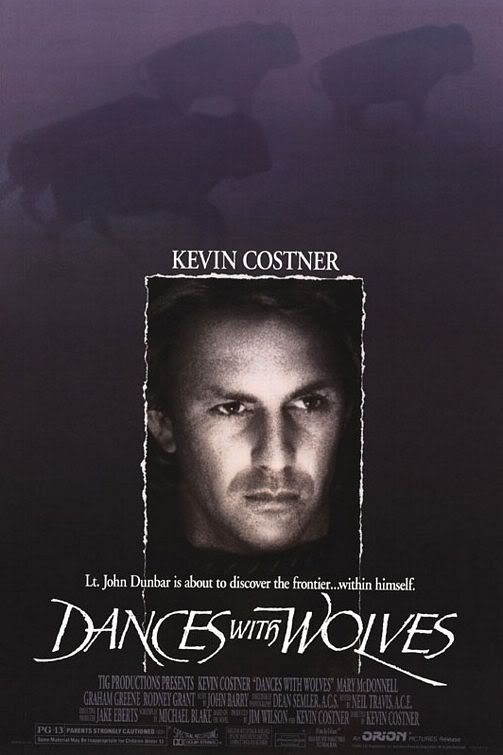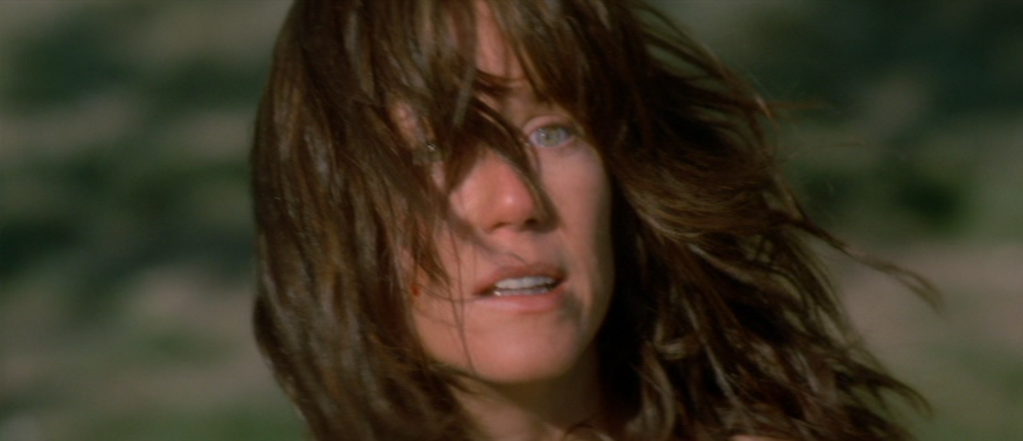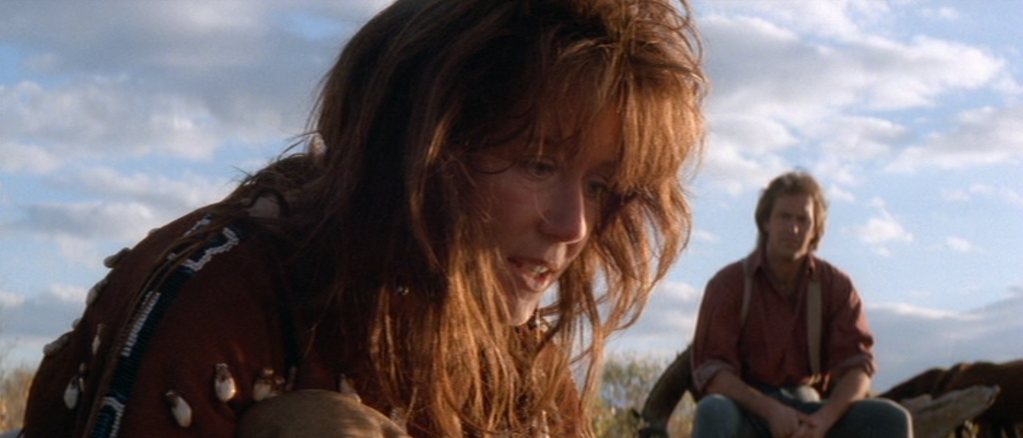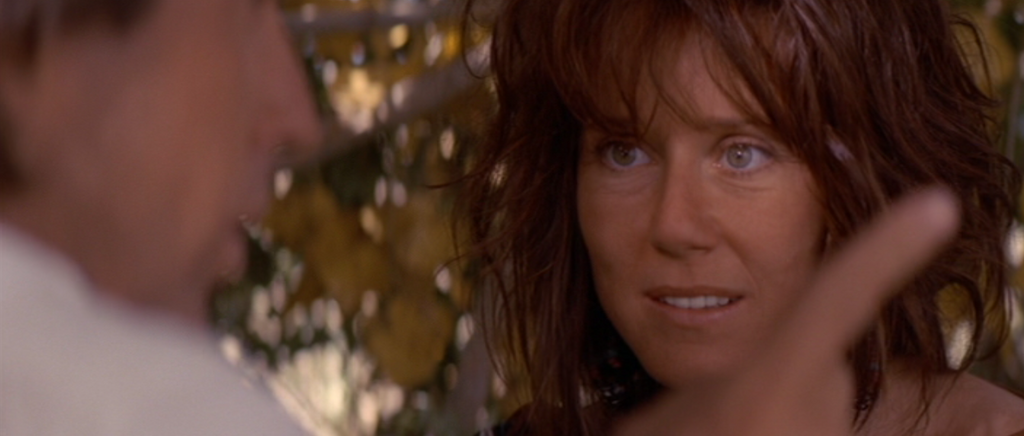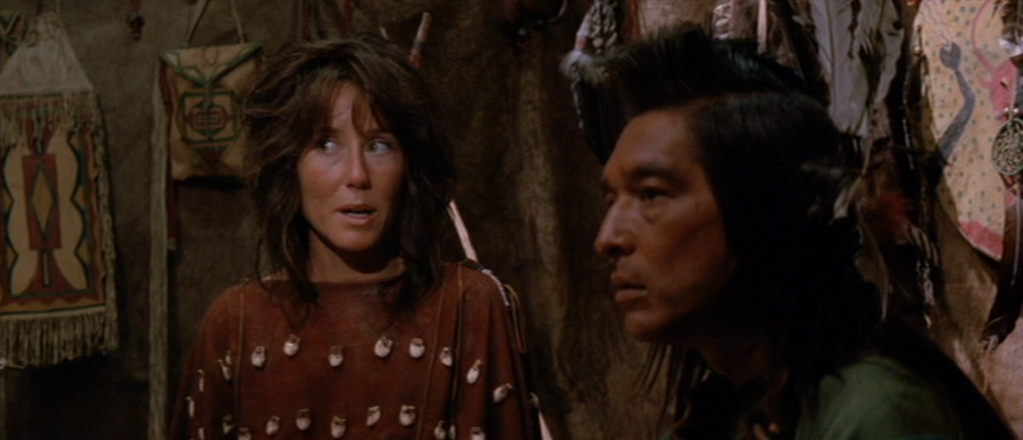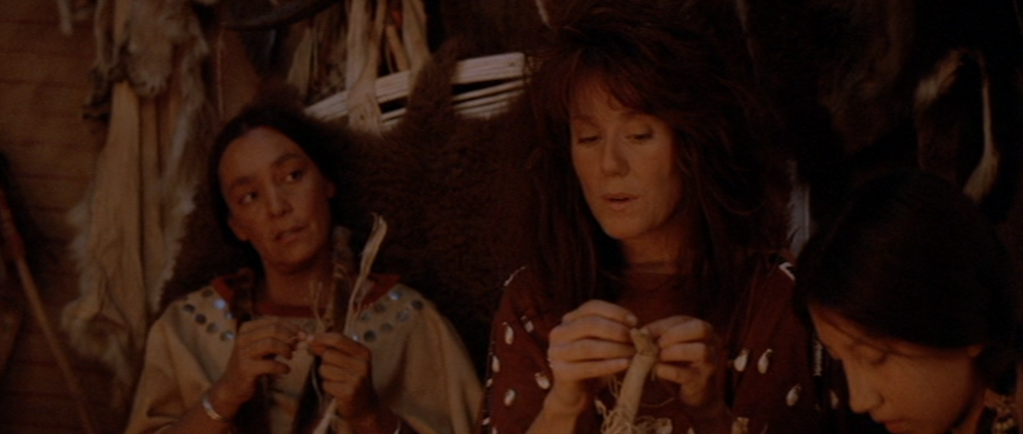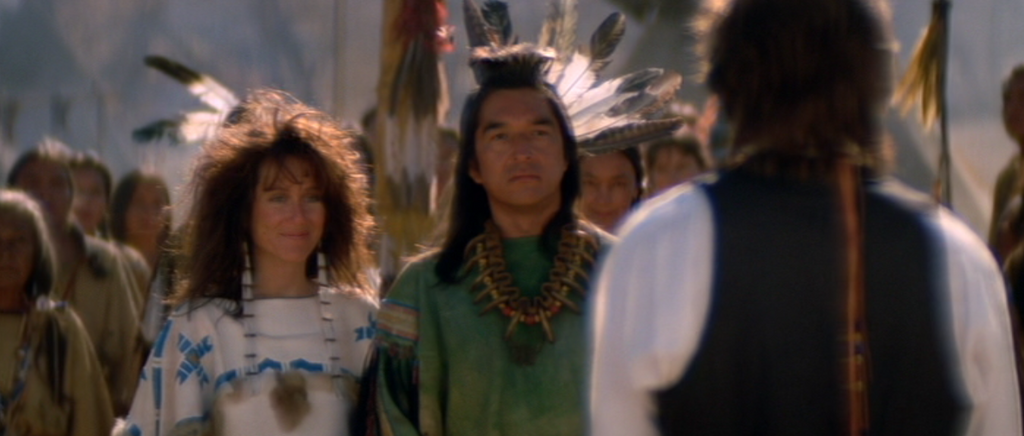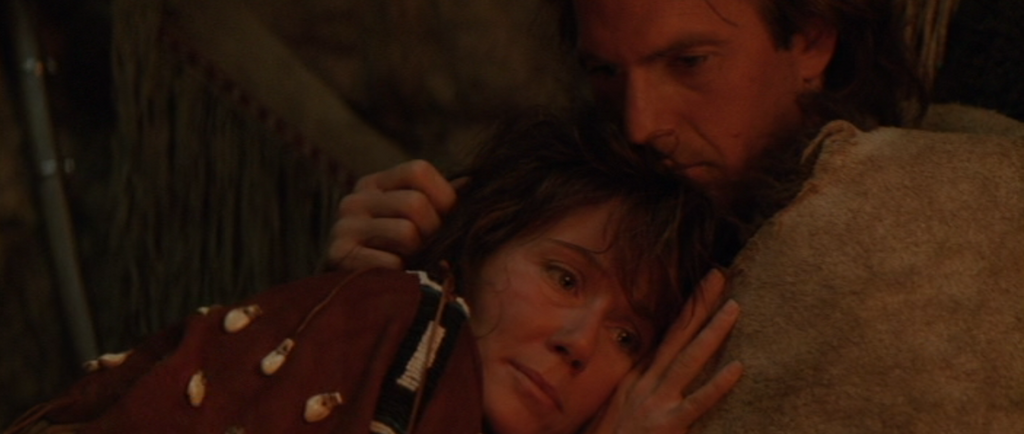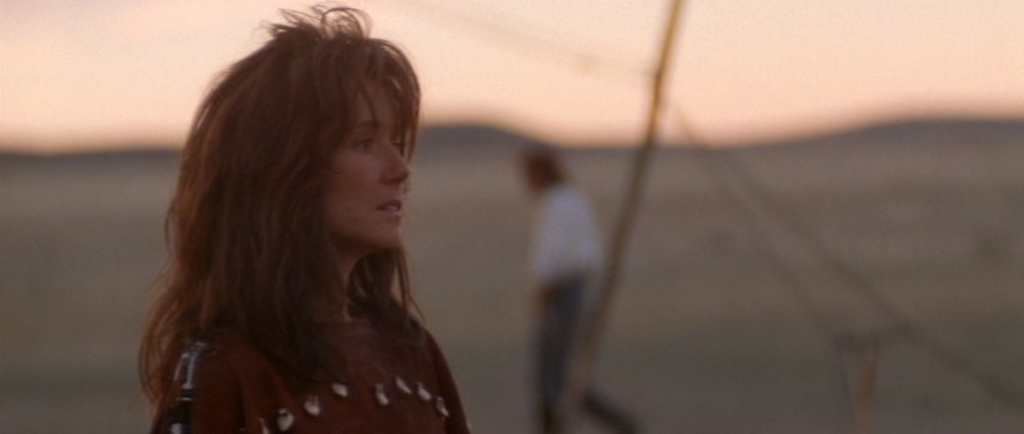The Year is...
And the Smackdowners for the 63rd Annual Academy Awards are...
KIMBERLY of C I N E B E A T S
JOHN T of The Many Rantings of John
JS C of He Thinks He's A God
TIM of Mainly Movies
NEWLAND of As Bold As Brass
NICK of Nick's Pick Flicks
and
yours truly, STINKYLULU.
JOHN T of The Many Rantings of John
JS C of He Thinks He's A God
TIM of Mainly Movies
NEWLAND of As Bold As Brass
NICK of Nick's Pick Flicks
and
yours truly, STINKYLULU.
1990's Supporting Actresses are...
(Each Smackdowner's comments are arranged according to ascending levels of love. Click on the nominee's name/film to see StinkyLulu's Supporting Actress Sunday review.)
STINKYLULUBening adds a dully inquisitive stare to her tinny, chirping, pattering voice so as to hint at all kinds of depths and complexities, while "cleverly" revealing nothing. Yet this seemingly apt choice somehow empties Myra of actual personhood, real menace, genuine thrill. An all-too naked cipher.
NICKI’m looking right at it, but I’m not totally seeing it. Annette is frisky but her slyness and nastiness have insufficient depth. A good performance, but the recasting possibilities seem endless. Like the film, she evaporates almost instantly when she’s through.
TIMZesty and high-energy, sure, but isn't she coming on a bit strong? Makes Myra all kittenish, all the time, and I think she's in cahoots with the script's underlying misogyny here. Belongs in a cruder, more disposable movie than her co-stars.
KIMBERLYThe Grifters is a really good film, but its effectiveness has little to do with Annette Bening, who I couldn’t take seriously in her role as Myra. When the movie ended I could only remember how fabulous Anjelica Huston was.
JS CBlends "criminal" and "lover" persona seamlessly with an array of giggles and flirtatious giddiness giving us the portrait of a woman becoming a girl again as she jumps on the opportunity to return to her playground world of cons and rough gentlemen after an exile to apartment living. Benning knows that her character should attempt but never be Houston's equal because Myra knows what her role is in scams and men thus redefining the term "supporting actress."
JOHN TNEWLANDIn a film brimming with self-doubt, Bening's Myra is a woman who encapsulates confidence, and the future Mrs. Beatty uses this assurance to create a sexy, ruthless femme fatale. Bening's only fault may be she doesn't know what to do with Myra's enigmatic intentions; does the actress know the story behind the character?
A triumph of a performance, where an intelligent actress plays an intelligent woman playing the fool. Her tiny-voiced Myra shows intermittently that there’s more to her than the sexy dumb blonde, which is enough for Bening to show her range.
JOHN TBracco starts screaming from her opening scene, and doesn't let up through the entire movie. Between the scenery-chewing and the histrionics, there's an understanding of the character in her eyes and facial expressions (particularly in the scenes leading up to the marriage), but they are lost while Bracco decides between loud and louder.
TIMPerfectly good at sidelined and suffering, but she doesn't put up enough of a fight, and there's a palpable lack of chemistry with Liotta. Without the voiceover, we wouldn't know she was turned on by him handing her a gun. Serviceable, but disappointingly vague.
JS CHer physicality is a gift but once she is required to speak, nothing registers above a drone and this damages her rebellious credibility that so attracted the main character to her. Unfortunately, she only manages to give us half the portrait of a woman who is used to being an active character rather than the narrator of someone else's story.
NICKFeisty but somehow routine, and a little tentative. I appreciate that she doesn’t need or try to overwhelm the film, but she could have used some of Sharon Stone’s hungry, compulsive watchability in Casino. And her voiceovers tilt into the perfunctory.
STINKYLULUBracco’s especially adept at playing the two registers required by this role: ball-bustingly strong and palpably vulnerable. Here, that duality – along with Bracco’s sexy-awful marble-mouthed vocality -- both suits and elevates the role, allowing for some great, instinctive actressing along the way – always strong, smart and absolutely right in the character.
NEWLANDLong-suffering wife roles are often thankless and boring, but Bracco’s Karen, ballsy yet vulnerable, is really something of a different kind. Bracco makes the most of her character, providing her of a distinct and unique personality in a vivid performance.
KIMBERLYOne of the best things about Martin Scorsese’s GoodFellas is Lorraine Bracco’s powerful performance as Karen Hill. The snappy way she delivers each of her lines always impresses me. She should have easily walked away with the Oscar this year.
KIMBERLYI applaud her for being the first African American woman to win an Oscar in 50 years, but I thought this film and her performance stunk. I can appreciate Whoopi the comedian, but I don’t like Whoopi the actress much.
JOHN TShe swoops into the movie, channeling some clever scene-stealing to save this film from complete mediocrity. Goldberg's character arc, however, is far too predictable for her to stretch her acting legs, giving the audience a series of (hilarious) one-liners that ultimately result in a performance that's a bit one-note.
JS CIf the picture had more compelling narrative techniques and stronger actors, this performance would be a caricature calling for attention but as it is, Goldberg seems to be the only one to realize the paper-thin logics of the movie and it's surprising why no one else calibrated their characters the way she did.
STINKYLULUSaddled with garish costumes and appalling dialogue, Goldberg exploits the film’s banally racist slapstick to subtly score Oda Mae’s – and the film’s – growth, discovery and change, thus providing an essential, experiential anchor for the film.
TIMCPRs the script with an indispensable dose of huffy vulgarity. You couldn't call it deep work, but it's comic dynamite, particularly in the bank sequence, and I love how quick she is to take and give back offence. The only part here that no one could have owned half as well.
NEWLANDBeing the comic relief in an otherwise dramatic film is no easy task, but Goldberg makes such an indelible impression that many end up thinking they saw a comedy. Even in the scenes where she is less than great you can totally see it’s not her fault.
NICKNow we’re talking: Whoopi’s energy and comic timing sparkle, and her affectations are somehow her own—invested with feeling, integrity, and humor, even as they graze against stereotype. Plus, she finds Oda Mae’s fatigue: she sounds so tired and aware of the demeaning stakes when she says, “Use me.”
NEWLANDNominating Ladd for her over-the-top rendition of the wicked witch was a bold choice from the Academy. Creative as it is, her performance adds little to what we’ve seen before, only this time the archetypical mother role is taken to an embarrassing extreme.
JOHN TLadd's performance is much like her character: steely at points, fragile at others. Her over-the-top performance blends beautifully into Lynch's vision of Sam Houston's Oz, though I would have liked to have seen more of an explanation behind the woman-mystery is one thing, confusion another.
KIMBERLYMy dislike for this film made me stop caring about David Lynch’s film output for 10 years, but that wasn’t Ladd’s fault. She makes the most of the role she’s been handed here and does some fascinating stuff with it.
TIMSometimes seems to belong in Dynasty, but, in the one Lynch film I actively dislike, this proves a surer approach than anyone else finds. Her big lipstick moment is mesmerising, though it's a pity she's saddled with so much tedious talk around it: less might have been more.
NICKI’m surprised at how much I’ve come to admire this performance and this nomination. In a sense, Ladd has no rules to obey, but her hideousness is so balls-out and captivating, she’s the alibi for the entire cast and the entire film to go for broke. Furious and indelible, and somehow understandable.
STINKYLULUShe flirts. She prances. She preens. She drinks. She rages. She keens. Ladd distills and deconstructs every clichéd trope of the overwrought Southern woman in this startling, feral treatise on the craft of screen acting.
JS CLadd does something wonderful in her first scene: with one look, she telegraphs portions of the movie's narrative before Lynch's style can muddy them up that we immediately get that she both loves and hates Sailor and Lula; a ravenous and simple chokehold of a performance, "wild at heart and weird on top" indeed.
JS CHaggish hair care when everyone else is so well-groomed, McDonnell merely twiddles with the grimy surface of this supposedly conflicted but resurrected character that we can only say this was a performance carried along for the awards ride.
JOHN TMcDonnell's performance, much like her hair, is in drastic need of conditioner throughout this film. The role is too thin, and she plays it with singular emotions, as if she's doing a mental checklist of how she's supposed to be feeling with each herky-jerky motion.
KIMBERLYEnough nasty things cannot be said about all the supporting actresses hairstyles in 1990, but McDonnell takes the cake. How anyone bought her terrible performance as a white woman raised by Indians with bad Farrah Fawcett hair is beyond me.
NEWLANDThere’s a lot to comment on this prop of a character in terms of race and gender, but all for the wrong reasons. McDonnell is a great actress, but frankly she’s given nothing to work with apart from being there for Costner.
STINKYLULUA more substantial performance (and performer) than the role warrants. With adept voicework and genuine commitment, McDonnell acquits herself nicely, but even she can’t escape the agitated, shallow limits of the role. ‘Specially not when weighed down by all that hair.
NICKA hugely proficient actress whose linguistic facility, emotional clarity, and terrified vulnerability are often overwhelmed by her massive hair and her boy’s-own-fantasy role. Unequal to her best work, but nearly as good as the part accommodates, and a harbinger of real talent.
TIMI always love McDonnell, who does technically brilliant vocalizations and suggests some deep psychic gashes here. Just about overcomes being chronically underdirected and, I suspect, miscast, too dry and too modern a presence entirely to convince as a gone-native prairie widow.



